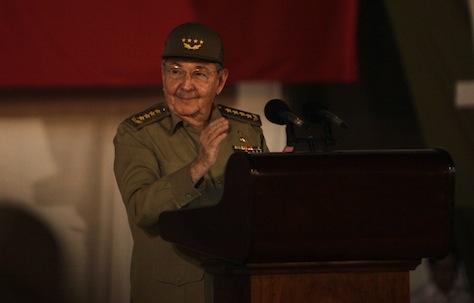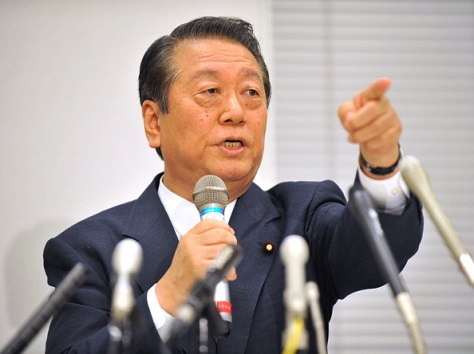In one of the most significant foreign policy steps of his administration, US president Barack Obama announced widespread changes in the US-Cuba relationship on Wednesday, including the reestablishment of the first US embassy in Cuba in over a half-century and relaxed rules for US commerce, travel and engagement with the island nation of 11.25 million.![]()
![]()
It’s a historic play, and it yanks one of the biggest straw-men arguments out from under Cuba’s aging Castro regime. But the announcement brings with it more questions than answers for both the United States and Cuba, as the two countries begin negotiating a new chapter in a troubled relationship, even long before the 1959 Cuban Revolution, the failed 1961 Bay of Pigs / Playa Girón invasion and the 1962 missile crisis. Cuban disenchantment with the United States stretches back to at least the 1903 Platt Amendment that established unequal relations through much of the first half of the 20th century, culminating in the brutal regime of US ally Fulgencio Batista, overthrown in Castro’s 1959 revolution. Obama shrewedly signalled in his statement Wednesday that he understands the broader arc of Cuban-American relations by quoting José Martí, a founding father of Cuban independence who was killed in 1895 by Spanish forces.
* * * * *
RELATED: Did Hillary Clinton just lose Florida
in the November 2016 presidential election?
RELATED: A public interest theory of the
continued US embargo on Cuba
* * * * *
As the two countries, which represent two very different brands of political thought within the Western hemisphere, begin to set aside their differences, here are six questions that are as unclear today as they were last week. Continue reading Six key questions about the landmark Cuba deal

